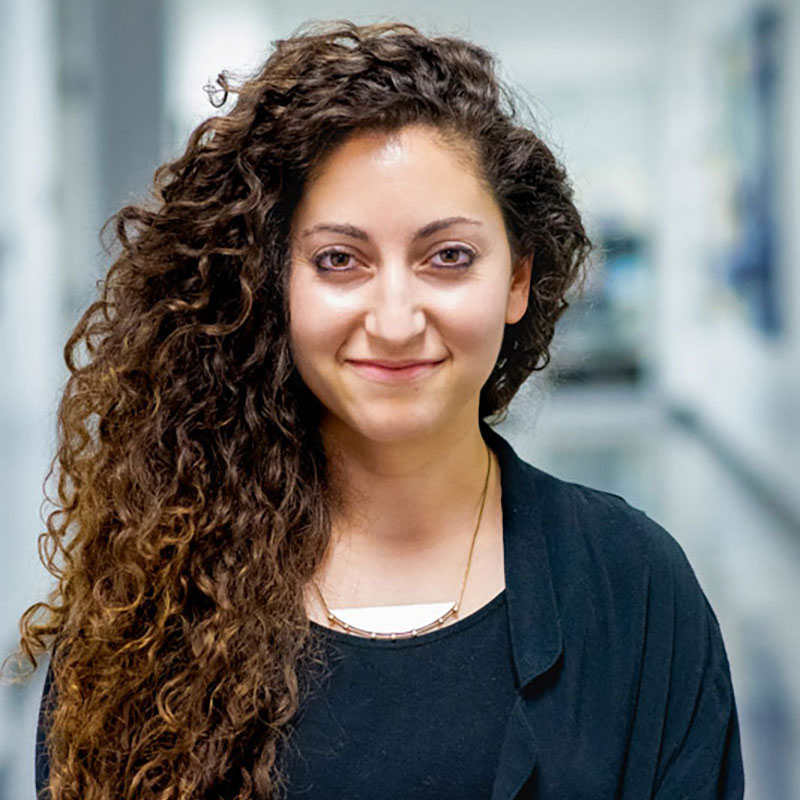The many ways a keto diet can benefit the body

The ketogenic (keto) diet has actually been around for about 100 years but has become increasingly popular within the last year. Chances are you know people who have an opinion on the diet and are either passionately committed to keto or have taken a stance against it.
Americans have a hard time understanding how a high-fat eating plan is healthy, but in fact, a large amount of healthy fats combined with few carbs benefits the brain, can cure diseases, cause weight-loss and dictate how the body produces energy.
Here is how and why keto works. Keto is a low-carb, high-fat and moderate protein diet. When you eat a high-carb meal, it produces insulin and glucose. Glucose is the easiest molecule for the body to convert and use for energy, which causes fat to be stored instead of burned.
By lowering carbs and increasing fat intake on the keto diet, the body is forced to produce ketones, which comes from fat in the liver. This state is known as ketosis. The keto state turns the body into a fat-burning operating system and uses fat to produce energy resulting in weight-loss and mental alertness.
Keto has benefited millions of people including being used as a cure for epilepsy and diabetes. Kim Kardashian, Mick Jagger and Kobe Bryant are among a list of celebrities who have reported their success on the diet.
The reason many are skeptical of the diet is that for so many years Americans have believed that high-fat foods cause the human body to store fat in excess. During the 1970s, the low-fat/no fat trend emerged, and many bought into it.
The majority of people thought healthier habits meant curbing fat and increasing carbs. The truth is the brain needs fat. If the brain does not get enough, it communicates to the rest of the body that it is still hungry when it is not.
Have you ever eaten a large amount of Chinese food and then became hungry a few hours later? A lot of Chinese food is high in carbs, which causes the body to burn glucose instead of fat. And in turn, causes it to be sluggish and lacking energy.
Since starting keto, I stay full longer and eat less. When I do have a cheat meal, for example, I just keep eating, and it takes a long time to feel full. That is the brain telling the body that it needs more fat, not carbs.
Meats like steak, salmon and bacon are recommended on the keto diet along with a moderate number of veggies. Olive oil, coconut oil, cheese and dairy products are also good, high-fat choices. Avoid grains and carbs such as pasta, potatoes, sugar and most fruit. Blackberries and raspberries can be eaten in moderation as they are low in sugar.
The main question is whether or not the keto diet is sustainable. Being on keto does not necessarily mean one can never have ice cream, pasta or potatoes ever again. I know people who have a cheat day on occasion. It is just not in their regular diet.
There are so many great keto recipes out there that are very tasty. Many who are not even on the keto diet find them delicious. I have made cheesy garlic bread, pumpkin mousse, shredded chicken tacos and even pancakes that are all keto-approved.
The keto diet is sustainable because the food-plan is delicious and recipes are very easy. Additionally, restaurants are gradually getting on board and offering keto options.

